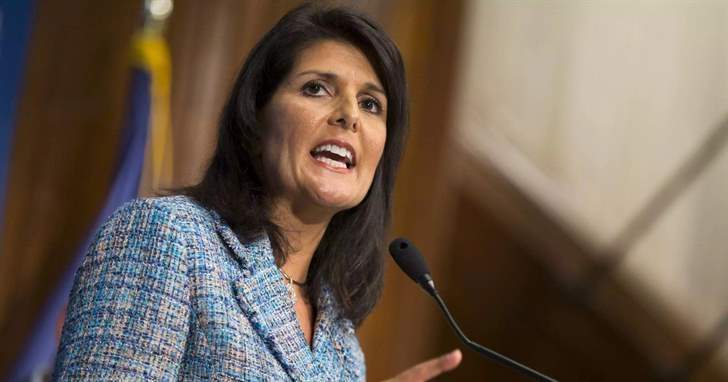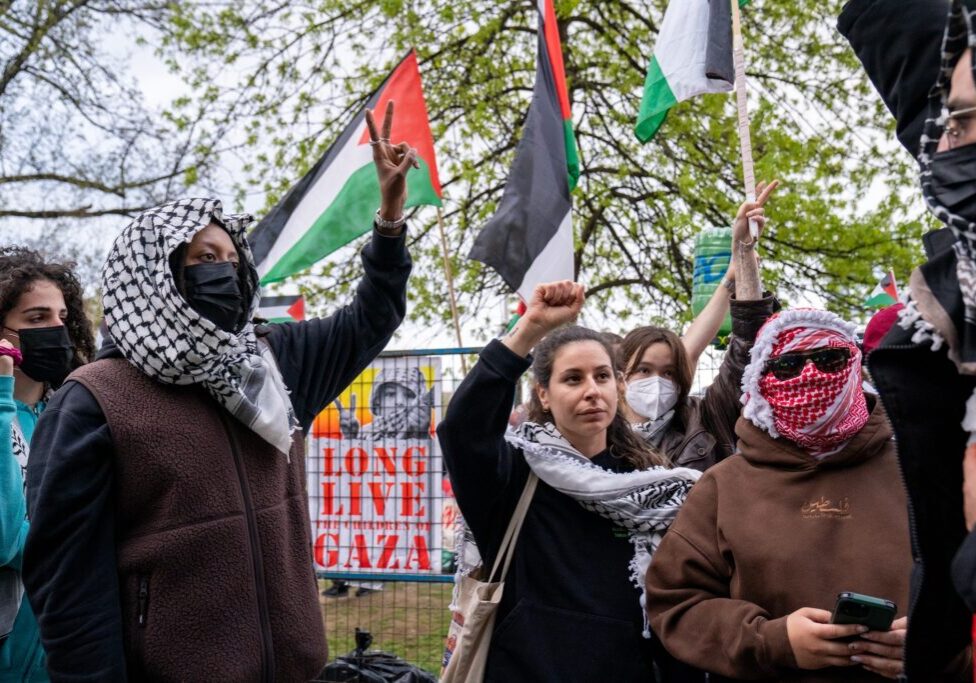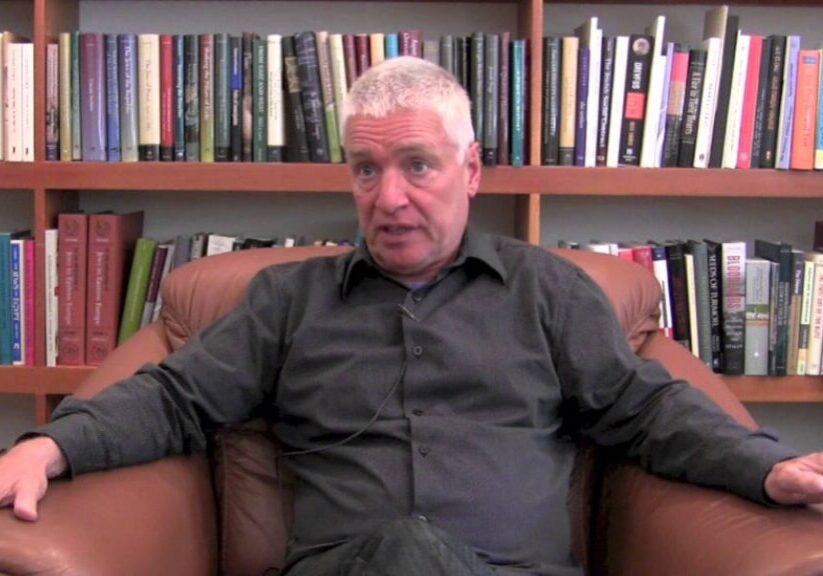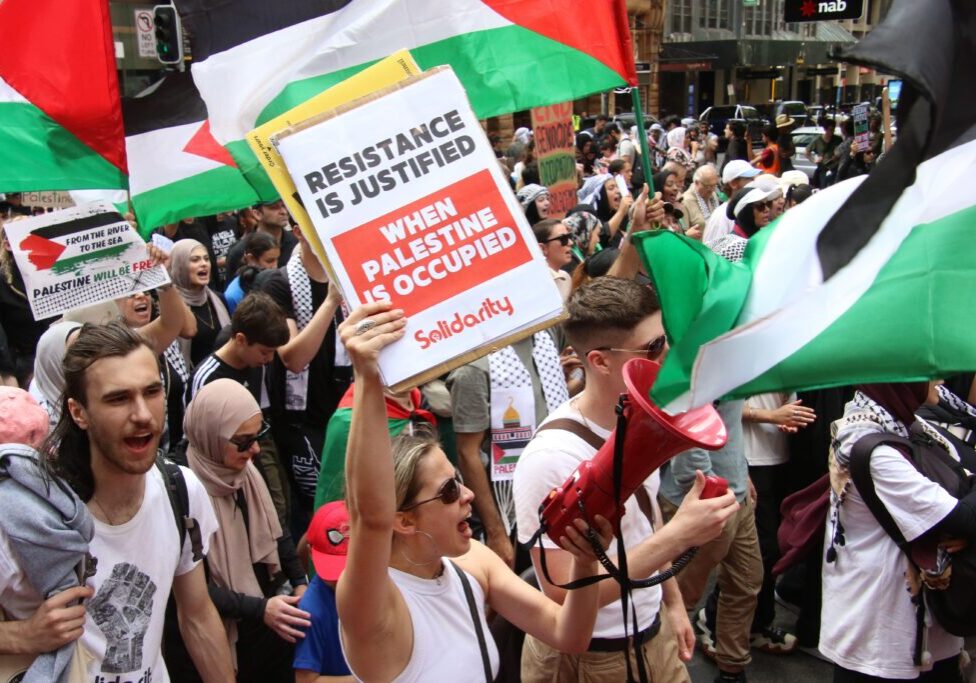Australia/Israel Review
Scribblings: Hope yet for the UN?
Jun 29, 2017 | Tzvi Fleischer

Tzvi Fleischer
Are some people at the UN finally starting to get how unhelpful and unfair the approach of UN bodies to Israel and the Palestinians has been? US Ambassador to the UN Nikki Haley has certainly been outspoken about this problem, for instance, saying in February, “The outrageously biased resolutions from the Security Council and the General Assembly only make peace harder to attain by discouraging one of the parties from going to the negotiating table.”
And believe it or not, there may be some signs that her efforts may be making an impact – probably helped along by the fact that Europeans have lost some of their traditional “understanding” of Palestinian terrorism and incitement in the wake of the recent terror attacks in various European cities.
Positive signs I would point to include:
• The UN Secretary-General Antonio Guterres has twice said in recent months that “denial of Israel’s right to exist is anti-Semitism.” It’s worth remembering that from 1975 to 1991, the official policy of the UN was that “Zionism is a form of racism” under General Assembly Resolution 3379. Since Zionism is nothing more than support for the right of Israel to exist as a Jewish homeland, UN policy was in effect “support for Israel’s right to exist is racism” – almost the exact opposite of “denial of Israel’s right to exist is anti-Semitism.”
• Guterres has also acted in keeping with the statements that he has made. Firstly, in March, he distanced the UN from a blatantly politicised report produced by the Economic and Social Commission for Western Asia (ESCWA), a UN body comprised of 18 Arab countries, accusing Israel of instituting “apartheid”, and then had the report pulled from the ESCWA website on technical grounds.
• Then, in late May, the UN pulled support for a Palestinian woman’s centre which had been named in honour of Dalal Mughrabi – one of the terrorists who hijacked two buses near Tel Aviv in 1978, killing 38 people. A spokesperson for the Secretary-General said, “The United Nations disassociated itself from the centre once it learned the offensive name chosen for it and will take measures to ensure that such incidents do not take place in the future.” While the above may seem simple common sense, UN bodies have long been publishing hopelessly biased and unfair reports on Israel, and the Palestinians have long been naming their internationally-supported institutions after terrorists, and no one at the UN blinked an eye.
• While UNESCO, the UN cultural organisation, continues to pass anti-Israel resolutions denying any Jewish connections to their holy sites in east Jerusalem, support for them has been falling steadily, as the unfairness of such resolutions appears to be gaining recognition. Thirty-three countries – out of UNESCO’s 58 member executive board – supported such a resolution in April 2016, and only 22 – 38% of members – supported one in May of this year.
• Most recently, for the second year in a row, not a single democratic nation attended the UN Human Rights Council’s session under Agenda Item 7 – a permanent agenda item focused on the “Human rights situation in Palestine and other occupied Arab territories” – on June 19. This agenda item underlines the obviously obsessive nature of the UNHRC’s focus on Israel – all other human rights problems in the world are considered under Agenda Item 4 – “Human rights situations that require the Council’s attention”.
Nikki Haley argued in a speech on June 6, “Item 7 is a scandalous provision that must be removed.” The fact that the US, Canada, Australia, all EU members and Japan declined to attend the session shows that virtually the whole democratic world agrees.
Of course, the built-in barriers to improvement at the UN are overwhelming – not only a virtually unbreakable pro-Arab majority in the General Assembly, but a whole series of entrenched bureaucracies within the UN structure devoted to the Palestinian cause put in place by these majorities over the years. But any improvement is certainly welcome – offering some modest hope that the UN may yet one day be a constructive, rather than destructive, body, when it comes to facilitating Middle East peace.
Balfour Apology contradiction
As readers may be aware, the Palestinian Authority has been running an official campaign, launched last October, against Britain’s 1917 Balfour Declaration, which stated “His Majesty’s Government view with favour the establishment in Palestine of a national home for the Jewish people.” The Palestinians say this was a colonialist crime, for which Britain should pay compensation.
PA Minister of Foreign Affairs Dr. Riyad Al-Malki said the declaration “stole and plundered our land 100 years ago.”
The problem with this claim is that another key talking point frequently used by Palestinians and their supporters is that the Palestinians are being made to suffer and pay the price of the Holocaust, something that had nothing to do with them. For instance, BDS leader, Omar Barghouti wrote in 2011, “Palestinians – and Arabs more generally – bear no responsibility whatsoever for the Holocaust… It is therefore not incumbent upon Palestinians to pay in our lives, lands, and livelihoods the price for relieving Europe’s conscience of its collective guilt over the Holocaust.”
PA President Abbas alluded to the same trope in a May 17, 2017 speech, saying, “Our Palestinian people… have paid the price of a history not their own [i.e. the Holocaust of the Jews].” Yet in the very same speech he also attacked the Balfour Declaration, saying “our Palestinian people… have paid dearly in lives and in uprooting [from their land] as a result of this regrettable declaration’s implementation.”
Perhaps someone should remind Abbas that the Balfour Declaration came well before the Holocaust, and so if it caused Israel’s creation, then Israel cannot also be seen as a result of the Holocaust. Of course, this is hardly the first time historical and logical consistency has been sacrificed to emotional appeal in Palestinian discourse.
Tags: Anti-Zionism






